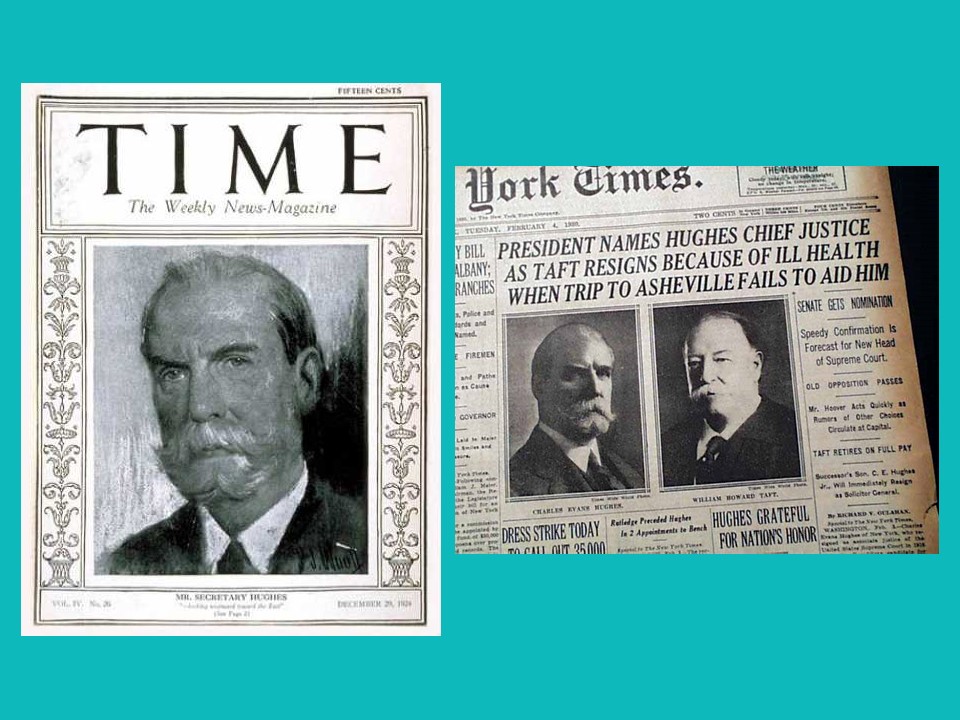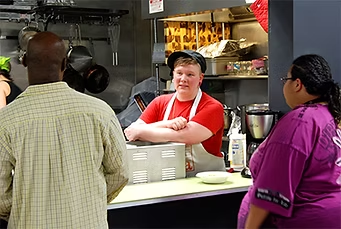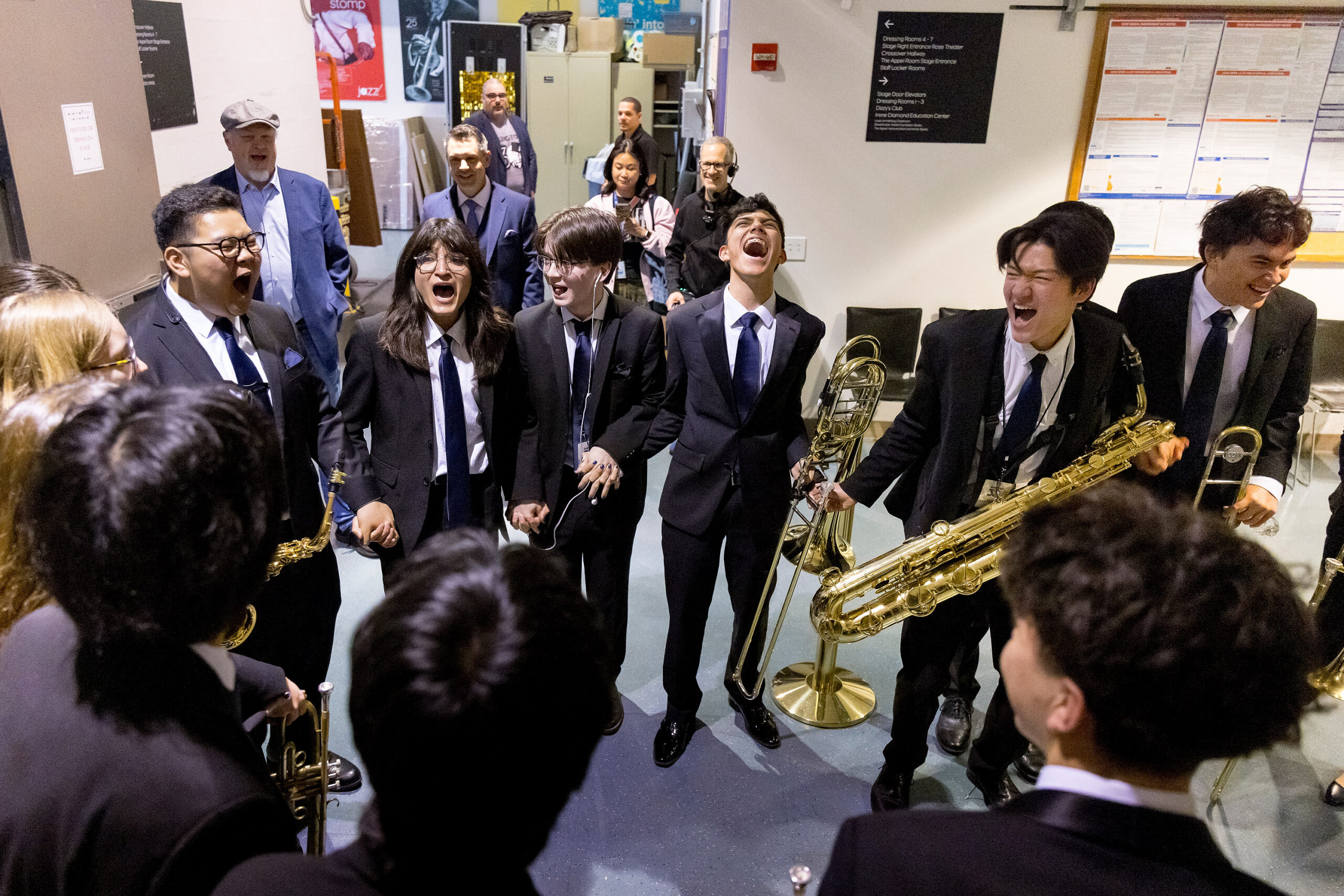FJC Donor Sandra Hughes Waddell wrote this guest essay for our blog, describing how Donor Advised Fund accounts are helping her family sustain the legacy of their ancestor Charles Evans Hughes. The piece is a part of our “Why I Give…and How” blog series.
Every family has traditions and values passed down from generation to generation. For our family, it’s a passion for racial and social justice. We grew up hearing stories about my grandmother Catherine Hughes Waddell, a relentless advocate for racial equality who left her mark through her work at organizations such as the NAACP Legal Defense and Educational Fund and the United Negro College Fund. My grandfather Chauncey Waddell shared Catherine’s passion for this work, and together they created an enduring and impactful legacy of philanthropy.
The Charles Evans Hughes Memorial Foundation was founded by my grandparents and named in honor of Catherine’s father (our great-grandfather), a former Chief Justice of the United States Supreme Court, U.S. Secretary of State, Governor of the State of New York and a steadfast advocate for equal justice under law. For over 60 years, the Hughes Foundation was at the heart of our family’s philanthropic endeavors, with programs focusing on legal and human rights; environment, population and health; education; and arts and culture. It was a cherished and impactful institution that helped to guide my own personal journey as a philanthropist.
“Experience has taught me that effective philanthropy calls for actively listening to and learning from those in the organizations and communities you seek to serve, building relationships and fostering partnerships, and providing funding that best propels change, builds the capacity and resources of your grantees and creates sustainable impact.”
– Sandra Hughes Waddell
I vividly remember, as a young child, my parents started me on a small allowance, of which I was to set aside 10% for charity. At the end of the year, my parents would match what I’d saved, and I was to write to my selected organizations, explaining why I had chosen them. Those first gifts were to the organizations where my grandmother Catherine had worked. It was a wonderful way to set me on the path toward my own philanthropy. More than that, I have been forever grateful to have been raised in a family for whom racial justice is a deeply abiding value.
As I grew older, I began to understand that philanthropy wasn’t just about donating money, but also about doing the work to understand the complexities of the issues you’re trying to address. Experience has taught me that effective philanthropy calls for actively listening to and learning from those in the organizations and communities you seek to serve, building relationships and fostering partnerships, and providing funding that best propels change, builds the capacity and resources of your grantees and creates sustainable impact.
In essence, for me, philanthropy is not a financial exercise, it’s an intellectual, emotional and deeply-rooted personal commitment. Building on my grandmother’s vision, and serving on the Foundation she and my grandfather created, has been both a privilege and a responsibility. Yet, in recent years, the private foundation landscape has shifted. The administrative and compliance demands are complex and resource-consuming, putting small family foundations like ours in a challenging position. These obligations can threaten to overshadow the charitable mission that should be the driving force of any philanthropic venture. What’s more, as our family’s involvement in the Hughes Foundation evolved over the generations, it became clear that the governance structure of a family foundation was becoming unwieldy, and our philanthropy could benefit from added flexibility.
“Our partnership with FJC has allowed us not only to preserve the legacy of the Hughes Foundation but also to reanimate that legacy, enabling us to further invest in the causes and institutions that matter deeply to us.”
– Sandra Hughes Waddell
This is where Donor Advised Funds (DAFs) come into play. DAFs have been rising in popularity. As a philanthropist familiar with the workload of running a foundation, I’m not surprised. DAFs offer a valuable alternative, empowering philanthropists to shed administrative burdens while continuing to channel their energy and resources toward causes that matter. By moving to individual DAF accounts, we realized we would be able to devote our attention to identifying and building relationships with grantees making the most impact. We believe that is the heart and soul of philanthropy, and, what’s more, true to the vision of our family.
After much thoughtful consideration, the four remaining trustees decided to dissolve the Foundation and continue our cherished philanthropic mission through new DAF accounts with FJC, a boutique sponsor. It had been weighty and even emotional for some of us, thinking about winding down the good work of a distinguished 60-year family Foundation, but being introduced to FJC really brightened our sense of what the next phase of giving could look like. We found that, unlike larger institutions, boutique organizations like FJC offer flexibility, accommodating unique agreements, handling unusual assets and developing bespoke charitable programs. In our case, we found that even as we moved philanthropic assets from the Foundation to our DAF accounts, we could maintain our investment advisory relationship with the Foundation’s long-time funds manager. Our partnership with FJC has allowed us not only to preserve the legacy of the Hughes Foundation but also to reanimate that legacy, enabling us to further invest in the causes and institutions that matter deeply to us. Finding the right partner is, in itself, transformative. We’re grateful to work with a team that understands the philosophy of our giving.
This transition feels like a new chapter in our family’s philanthropic journey – an evolution rather than an ending. Our new approach offers a vibrant, exciting future where we continue to honor the spirit of our forebears, focused on our impact and not on overhead. This is not just about preserving a philanthropic legacy but about propelling it forward. Freed from the confines of private foundation governance, our family members now have additional flexibility to further the mission of the Hughes Foundation, each in our own way. The Hughes Foundation may have evolved, but its spirit, mission and commitment to social justice will continue to guide the path forward.
Reflecting on the journey that brought us here, I am reminded of the young girl who first learned the joy and importance of giving and who, all these decades later, remains steeped in gratitude – to her forebears, for their wisdom and vision in creating an enduring and impactful legacy of philanthropy, and even more so, to the many charitable organizations and projects that inspire us and whose important missions and work we are honored to support.
Special thanks from FJC to Lauren Katzowitz Shenfield, Principal of Philanthropy Advisors, for providing the strategic guidance to the Trustees of the former Charles Evans Hughes Memorial Foundation that led to this exciting, new partnership.




